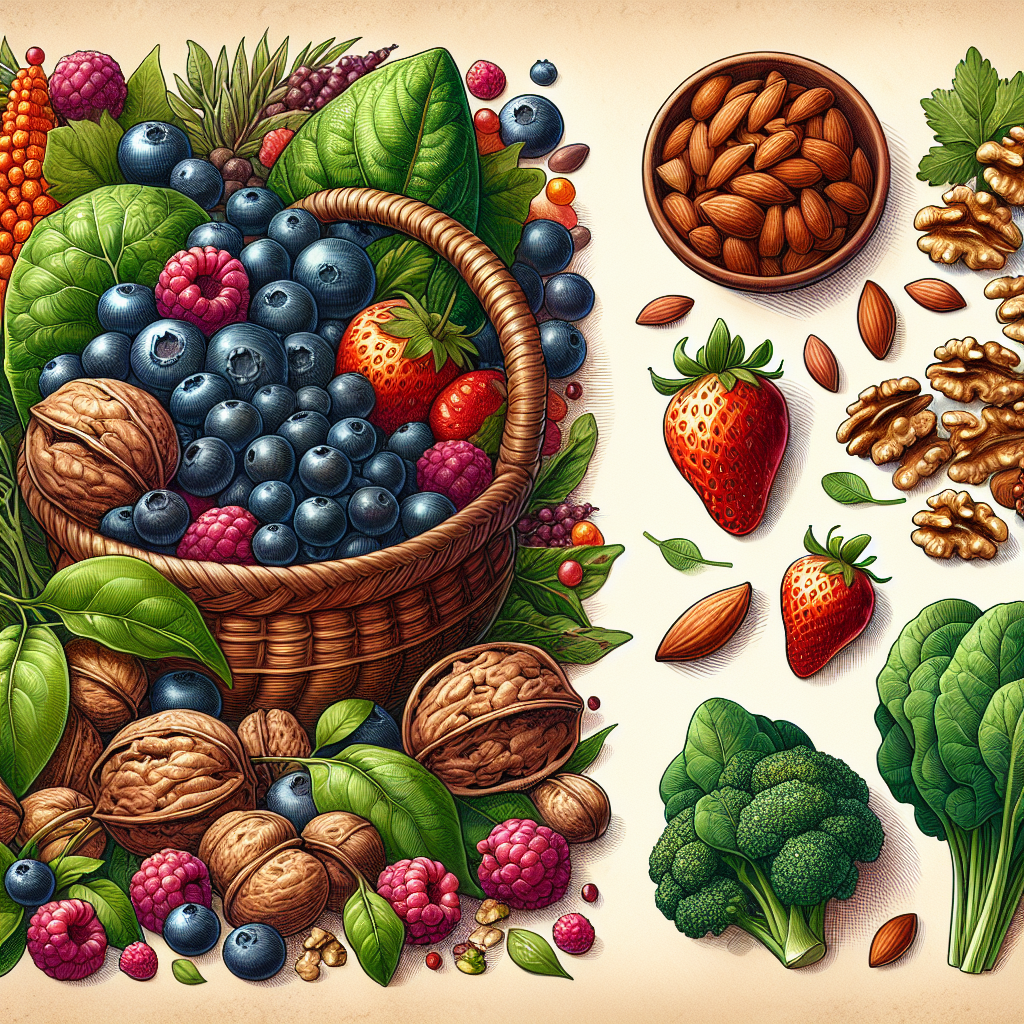Skin cancer is among the most common forms of cancer globally, and its prevalence is still on the rise. While sunscreen is a well-known protective measure, it is not the only strategy to shield your skin from harmful ultraviolet (UV) rays. In this comprehensive article, we will explore a variety of preventive measures that can help reduce the risk of skin cancer, extending beyond the bottle of SPF.
Understanding the Risks
Sunscreen has been the cornerstone of skin cancer prevention for decades. However, it is not infallible. Studies have shown that people may not apply enough sunscreen, fail to reapply it as needed, or use it incorrectly. Furthermore, sunscreen can only protect against certain types of UV radiation. For more comprehensive protection, it’s essential to incorporate additional preventive strategies.
Integrating Protective Clothing
One of the simplest yet most effective methods to protect your skin is wearing protective clothing. Long-sleeved shirts, pants, and wide-brimmed hats can provide a physical barrier against UV rays. For those who spend a considerable amount of time outdoors, clothing specifically designed with UV protective fabrics can offer an extra layer of defense.
Seeking Shade and Timing Outdoor Activities
The sun’s rays are strongest between 10 a.m. and 4 p.m., so planning outdoor activities outside these hours can significantly reduce UV exposure. When outdoors, seeking shade under trees, umbrellas, or shelters can also limit direct sun exposure, complementing the use of sunscreen.
Regular Skin Examinations
Early detection of skin cancer can greatly increase the chances of successful treatment. Regular skin examinations by a dermatologist, as well as self-examinations, can help identify any new or changing moles or skin lesions that may be indicative of skin cancer.
Diet and Skin Cancer Prevention
A diet rich in antioxidants can help protect your skin from the inside out. Foods high in vitamins C and E, selenium, and carotenoids contribute to skin’s resilience against UV damage. Incorporating vitamin-rich foods into your diet not only supports overall health but may also play a role in preventing skin cancer.
The Role of Supplements
Certain supplements, such as vitamin D and polyphenols, have been studied for their potential to reduce skin cancer risk. While the evidence is not conclusive, these supplements may offer additional benefits for those who have limited sun exposure or have a higher risk of skin cancer. Consult with a healthcare professional before adding any new supplements to your regimen. For more information on the role of supplements in health, visit Avix Health’s section on Medication & Supplements.
Technological Advancements in UV Protection
In today’s digital age, technology plays a significant role in health and wellness. UV-detecting wearables and mobile apps can monitor exposure and remind users to reapply sunscreen or seek shade. Innovative fabrics and laundry additives have also been developed to enhance the UV protective qualities of regular clothing.
The Importance of Overall Skin Health
Maintaining overall skin health is crucial in the fight against skin cancer. Healthy skin acts as a more effective barrier against environmental stressors, including UV radiation. Regular cleansing, moisturizing, and avoiding harsh chemicals can keep the skin in optimal condition. For more detailed guidance, check out The Benefits of Regular Facial Cleansing for Skin Health.
External Resources for In-Depth Understanding
-
The Skin Cancer Foundation provides an extensive library of articles on skin cancer prevention, including guidelines for sun safety. Skin Cancer Foundation – Prevention Guidelines
-
The American Academy of Dermatology offers resources on how to perform self-examinations and what signs to look for in potential skin cancer. American Academy of Dermatology – Skin Cancer
-
The National Council on Skin Cancer Prevention has resources on the importance of full body skin exams and other preventive measures. National Council on Skin Cancer Prevention
-
For those interested in the science behind UV protective clothing, the International UV Testing Laboratories provide insights on how these fabrics are tested and rated. International UV Testing Laboratories
-
Research on the role of diet in skin cancer prevention is detailed in various scientific publications, such as those found on PubMed, providing a more technical perspective for those interested. PubMed – Diet and Skin Cancer
In conclusion, while sunscreen remains a vital component of skin cancer prevention, it should be part of a broader strategy. By wearing protective clothing, timing outdoor activities, conducting regular skin checks, maintaining a healthy diet, considering appropriate supplements, utilizing technology, and nurturing overall skin health, individuals can significantly reduce their risk of skin cancer. Remember, the best defense is a multi-pronged approach that adapts to your lifestyle and personal risk factors. Stay informed, stay protected, and consult with healthcare professionals to tailor a skin cancer prevention plan that works for you.



